Simply Orange Juice Coca-Cola Company Class Action Lawsuit
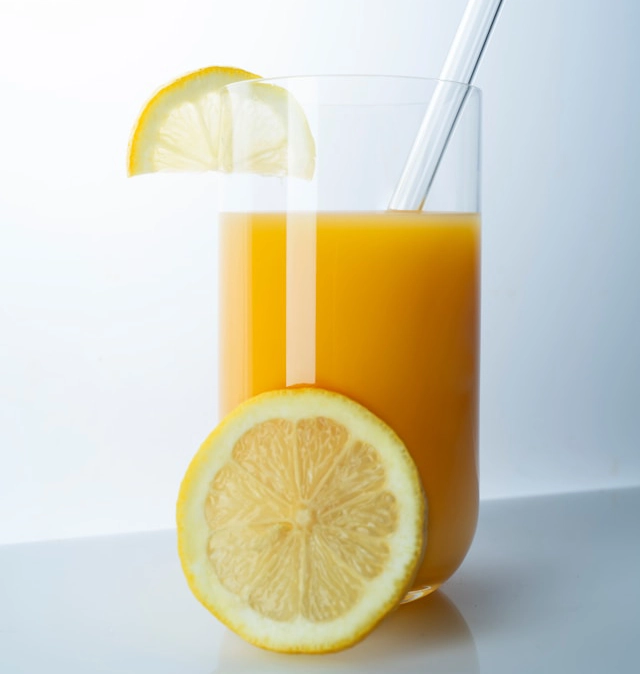
Unsplash | Published: July 25, 2024
Claim Form Deadline: Ongoing
Estimated Payout: Varies
Simply Orange Juice Coca-Cola Class Action Lawsuit
The Coca-Cola Company and its subsidiary, The Simply Orange Juice Company, are facing a class action lawsuit over allegations that their Simply Tropical juice drink contains per- and polyfluoroalkyl substances (PFAS), despite being marketed as an "all natural" product.The class action lawsuit, filed in the United States District Court for the Southern District of New York, claims that the presence of PFAS in the Simply Tropical juice drink contradicts the company's marketing claims and potentially poses health risks to consumers.
PFAS, often referred to as "forever chemicals," are a group of synthetic compounds known for their persistence in the environment and the human body. These man-made chemicals have been linked to various health concerns, including cancer, liver damage, decreased fertility, and increased risk of asthma and thyroid disease.
The Simply brand, owned by Coca-Cola, has built its reputation on offering "all-natural" beverages made with simple ingredients. The company's marketing efforts heavily emphasize the natural and wholesome qualities of their products, with slogans like "made simply" and containing "all-natural ingredients". This marketing strategy has proven successful, with Simply becoming the top-selling chilled juice brand in the United States, generating over $2 billion in annual retail sales.
PFAS vs. Natural Ingredients in Simply Orange
The lawsuit alleges that Coca-Cola and Simply Orange Juice Company have engaged in deceptive advertising practices by prominently labeling their Simply Tropical juice drink as "All Natural" when it actually contains synthetic PFAS chemicals. The plaintiff, Joseph Lurenz, claims that independent testing revealed the presence of PFAS in the product, which is inconsistent with the company's representations of using only natural ingredients.The complaint highlights the broader context of the North American fruit juice market, which reached $35.7 billion in 2021 and is expected to grow by nearly 5% annually over the next five years. This lucrative market has created significant incentives for companies like Coca-Cola to maintain their market share by catering to increasing consumer demand for safe and natural beverages free from artificial ingredients.
The lawsuit outlines several ways in which the Simply brand markets its products as natural and healthy:
• The use of the word "Simply" in the brand name itself, implying simplicity and naturalness.
• Product packaging that emphasizes "all-natural ingredients" and claims of having "nothing to hide".
• Marketing campaigns inviting consumers to "Say Yes to Simple".
• Social media content reinforcing the natural and transparent image of the brand.
The presence of PFAS in food and beverages is particularly concerning due to their potential health impacts. The EPA has identified several health effects associated with PFAS exposure, including the following:
• Reproductive issues
• Developmental delays in children
• Increased cancer risk
• Reduced immune system function
• Hormonal interference
• Elevated cholesterol levels and obesity risk
The lawsuit raises additional concerns about PFAS exposure in products frequently consumed by children, such as fruit juices. Children may be more sensitive to the harmful effects of these chemicals due to their developing organs and systems. Some reported health consequences of PFAS exposure disproportionately affect children, including impacts on growth, learning, behavior, and immune system function.
The Simply Orange and Coca-Cola class action lawsuit alleged several legal violations, including potential violations of New York General Business Law, a potential breach of express warranty, fraud, "constructive" fraud, and unjust enrichment from customers.
This class action lawsuit is another class action amid a growing number of PFAS class actions. In recent years, there has been an increasing number of PFAS contamination class actions related to consumer products, leading to increasing scrutiny of "natural" claims in food and beverage marketing. Companies like Coca-Cola and Simply Orange have been facing increased pressure to ensure the accuracy of their product labeling and marketing claims. Here is a list of some of the most recent PFAS related class action lawsuits, settlements, or ongoing investigations:
• PFAS Exposure Investigation
• $5M Thinx Period Underwear Class Action Settlement
• $1.4M Knix Period Underwear Class Action Settlement
What Are PFAS? Is it Dangerous to Humans?
PFAS (per- and polyfluoroalkyl substances) are a group of synthetic chemicals that were first developed in the 1940s. Unlike naturally occurring substances, PFAS are man-made and have been widely used in various consumer products and industrial applications due to their water and oil-repellent properties. These chemicals are often referred to as "forever chemicals" because they persist and accumulate in the environment and the human body over time.The widespread use of PFAS in everyday products is due to their unique properties, which make them valuable in manufacturing items such as non-stick cookware, stain-resistant fabrics, water-resistant clothing, food packaging, and firefighting foams. Despite their utility, PFAS exposure has been linked to numerous health issues.
These include reproductive problems like decreased fertility, developmental delays in children, an increased risk of certain cancers (such as prostate, kidney, and testicular cancer), reduced immune system function, hormonal interference, and elevated cholesterol levels, which can increase the risk of obesity.
PFAS exposure is particularly concerning for children, as it may affect their growth, learning, behavior, and immune system development during critical periods. The primary route of exposure for people is through diet, as PFAS can contaminate food and water sources. Once ingested, PFAS may accumulate in your body over time, potentially leading to long-term health effects.
How Do I File a Claim?
There is currently no claims process open for consumers to file claims in this case. This is a proposed class action lawsuit that was recently filed in the United States District Court for the Southern District of New York. The lawsuit is still in its early stages and has not yet been certified as a class action by the court. No settlement has been reached at this point that would allow consumers to file claims.If the lawsuit proceeds and eventually results in a settlement or judgment in favor of the plaintiffs, a claims process may be established at that time for affected consumers to submit claims. If this class action lawsuit moves forward and is settled, this process typically may take anywhere from a few months, or even years to unfold fully. Stay up to date here.
How Do I Find Class Action Settlements?
Find all the latest class actions you can qualify for by getting notified of new lawsuits as soon as they are open to claims:Filing Class Action Settlement Claims
Please note that your claim form will be rejected if you submit a settlement claim for payout with any fraudulent information. By providing this information and your sworn statement of its veracity, you agree to do so under the penalty of perjury. You would also be harming others that actually qualify for the class action settlement. If you are not sure whether or not you qualify for this class action settlement, visit the class action administrator's website below. OpenClassActions.com is only providing information and is not a class action administrator or a law firm. OpenClassActions is a participant in the Amazon affiliate advertising program and this post may contain affiliate links, which means we may earn a commission or fees if you make a purchase via those links.
For more open class actions keep scrolling below.

Video Game Addicts Lawsuit
Deadline: Pending
Submit Claim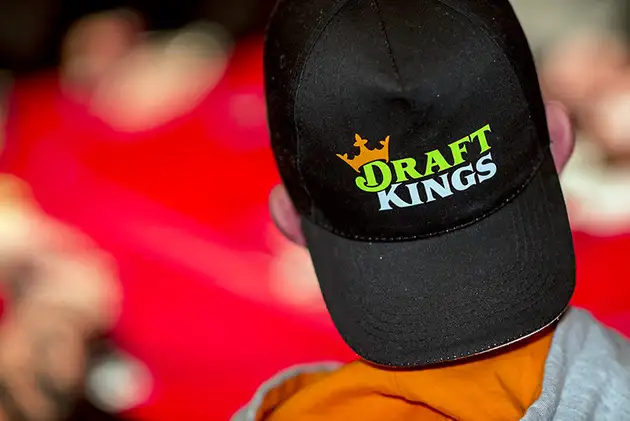
DraftKings & FanDuel Addiction Lawsuits
Status: Open
Submit Claim
Online University Past or Present Students
Status: Open
Submit Claim
Uber Lyft RideShare Abuse Lawsuit
Deadline: Pending
Submit Claim
Free Phone Plan - $0/Month
No Credit Card Needed
Sign Up
Kids Using Roblox and Discord?
Pre-Qualify Here
Submit Claim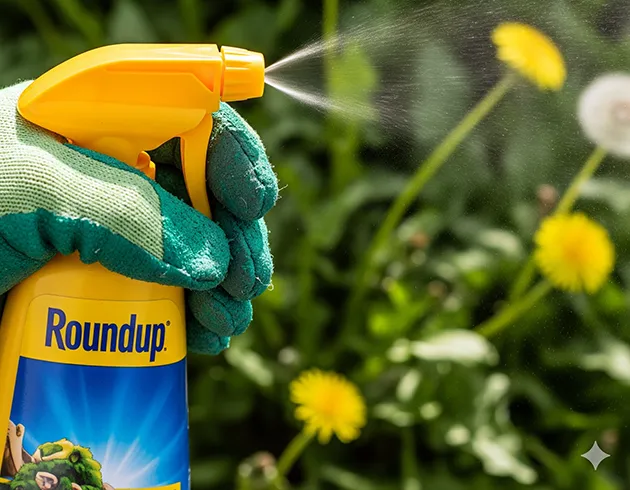
RoundUp Cancer Lawsuits: How to Qualify
Status: Open to Claims
Submit Claim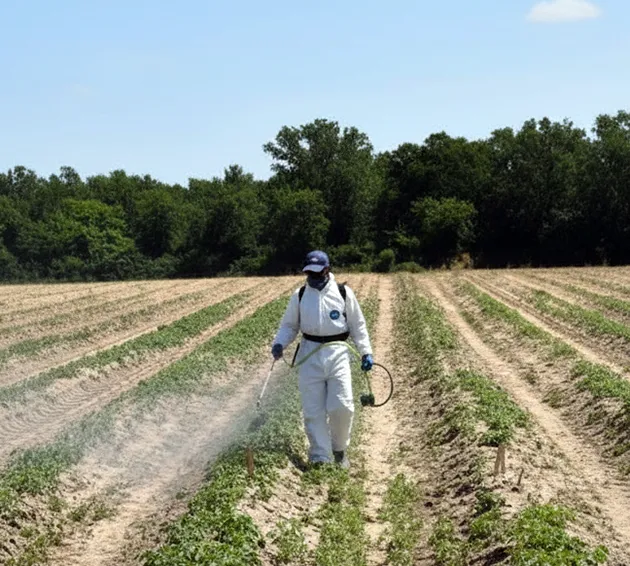
Weed Killer Link to Parkinson's Disease
Status: Open
Submit Claim
Free 6 Months of Amazon Prime
Qualifies: 18 to 24 Year Olds
Submit Claim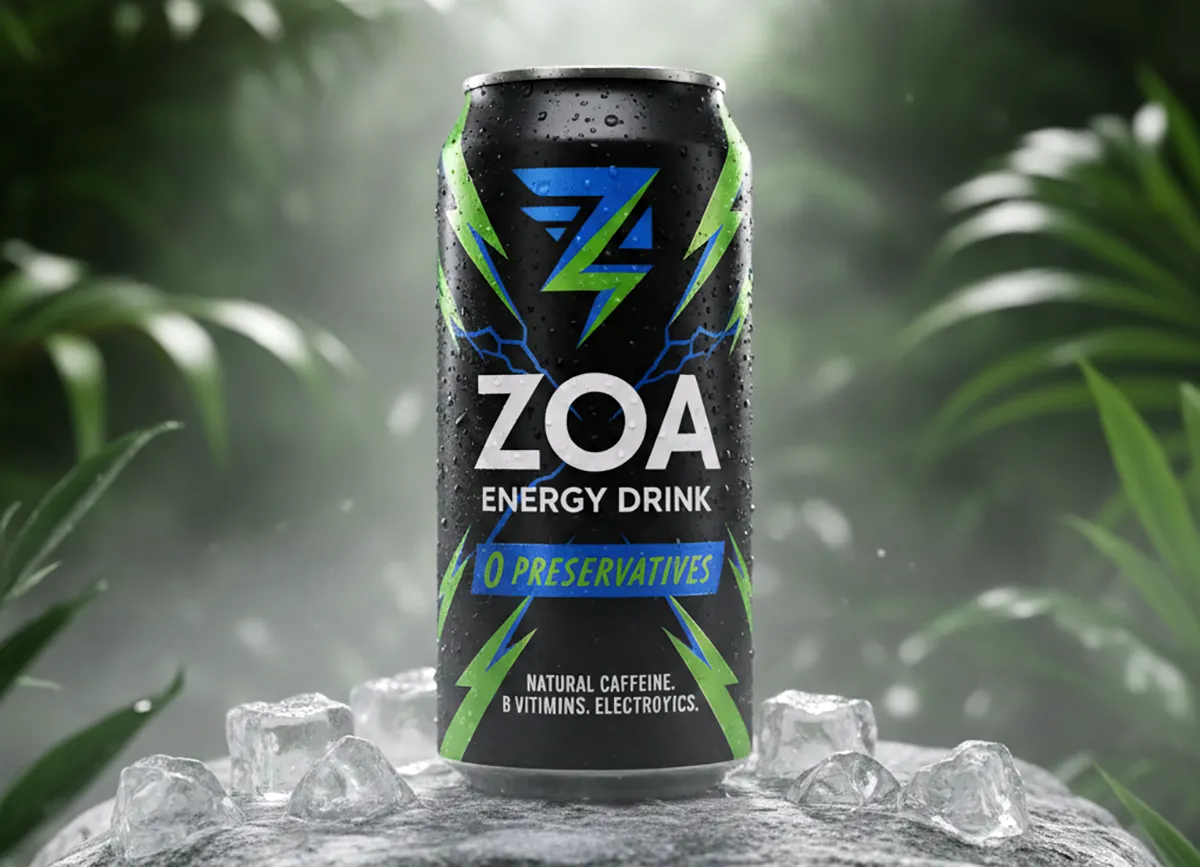
$3M Zoa Energy Drink Class Action Settlement
Deadline: Feb 20, 2026
File Claim